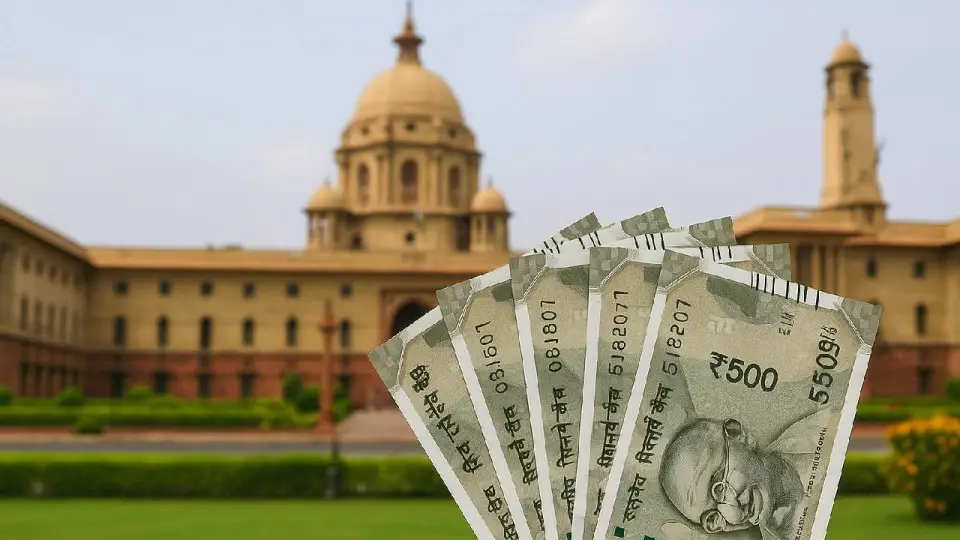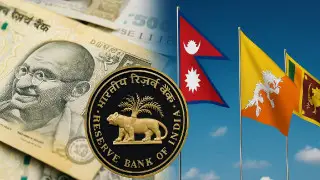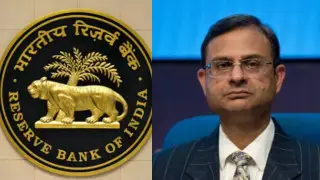
Dearness Allowance (Credit:Top Indian News)
Business News: As the festival season of Dussehra and Diwali approaches, central government employees and pensioners may finally hear the news they have been waiting for since July. The Cabinet is expected to approve a three percent increase in dearness allowance and dearness relief this week. This decision, once announced, will directly benefit nearly 11.5 million families across the country, putting extra money in their hands during the festive months. It is seen as a long-awaited relief against rising inflation and high cost of living that has been troubling many households.
According to government sources, the official decision regarding the hike will be taken on Wednesday. The increase in dearness allowance for serving employees and dearness relief for pensioners will be made effective from July 2025. This means that along with the revised monthly salary, employees will also receive arrears for the previous months. The Cabinet’s move is being seen not only as an economic decision but also as a gesture to boost morale during the festival season.
For months now, central government staff and pensioners have been keeping a close eye on every Cabinet meeting. Their expectation was simple: an announcement before Diwali. With prices of essential commodities rising and festivals demanding extra spending, a revision in dearness allowance was critical. The news of a likely three percent hike has already generated positive reactions, and many employees are hopeful that it will ease some of their financial pressure in the coming months.
Earlier this year, in January 2025, the government had approved a two percent increase in dearness allowance and dearness relief, raising it from fifty-three to fifty-five percent. That decision too benefitted more than eleven million employees and pensioners. Now, with the additional three percent increase, the total allowance is expected to rise to fifty-eight percent of the basic salary. This step is consistent with the formula recommended by the Seventh Central Pay Commission, which ensures that employees are compensated fairly against inflation.
For employees, the hike will translate into a noticeable change in their monthly pay. For example, a central government employee drawing a basic salary of sixty thousand rupees currently receives thirty-three thousand rupees as dearness allowance. After the three percent increase, the dearness allowance will rise to thirty-four thousand eight hundred rupees. This results in a net increase of eighteen hundred rupees in gross salary every month. For households struggling with inflation, this addition could make a meaningful difference during festivals.
Retired employees and pensioners will also benefit through the increase in dearness relief. Since many pensioners depend solely on their monthly pensions to meet living expenses, the increase will help them cope with daily costs. With healthcare, food, and utilities getting more expensive, this relief will offer some comfort to elderly citizens. Experts note that pensioners are among the most vulnerable to inflation, and the hike reflects the government’s effort to ease their burden.
Economists believe the timing of the hike is equally important. Announcing it during the festival season not only supports government staff and pensioners but also boosts consumer spending in the wider economy. Extra income in the hands of millions is likely to raise demand for goods and services, supporting markets and businesses during the busy season. Thus, the government’s move is seen both as a welfare measure and an economic strategy to strengthen domestic demand at a crucial time.













Copyright © 2025 Top Indian News
